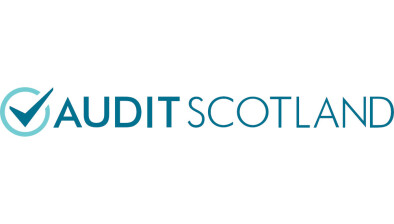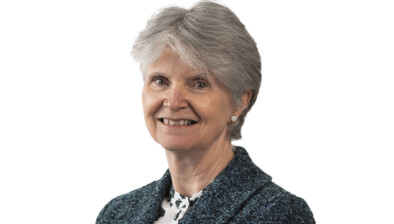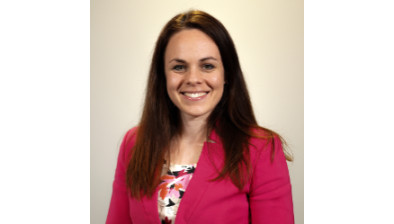Audit Scotland: Urgent transformation needed for Scotland’s local authorities

Jo Armstrong – Chair of the Accounts Commission
Scotland’s local authorities are grappling with significant financial strain, necessitating urgent transformation to ensure sustainability, the Accounts Commission has revealed.
While councils managed to bridge a £759 million budget deficit in 2023/24, this required deeper cuts and reliance on reserves, a practice deemed unsustainable in the long term.
Reflecting on the state of council finances in that financial year, the Accounts Commission reports many councils made savings or used reserves to deliver services within budget and offset a 3.3% real-terms reduction in revenue and income. The commission stresses that using reserves to routinely balance budgets isn’t sustainable and risks financial sustainability.
Despite an overall increase in funding in 2024/25 and a further funding increase announced for the year ahead, intensifying demand for services, greater borrowing and depleting reserves pose ongoing challenges.
In 2023/24 councils borrowed more to invest in buildings and infrastructure, whilst Scottish Government money to support capital investment continued to decline. Council borrowing increased by over £400 million and almost all councils now face higher levels of debt and annual interest costs. This investment is vital, however, in supporting spending on key areas including new schools and housing projects, whilst reducing the risk of buildings becoming unusable and impacting services still further.
Jo Armstrong, chair of the Accounts Commission, said: “Scotland’s councils face a challenging future, with significant financial risks and uncertainties. This has been compounded by pressures out with their control, including ever-increasing demand on services and inflation.
“An expected increase in funding for the year ahead doesn’t cancel out the urgent need for transformation, at a pace and depth we’ve not yet seen.
“With services already being impacted, councils must be clear with communities the scale of financial challenge being faced. Working with communities to deliver differently is vital.”






